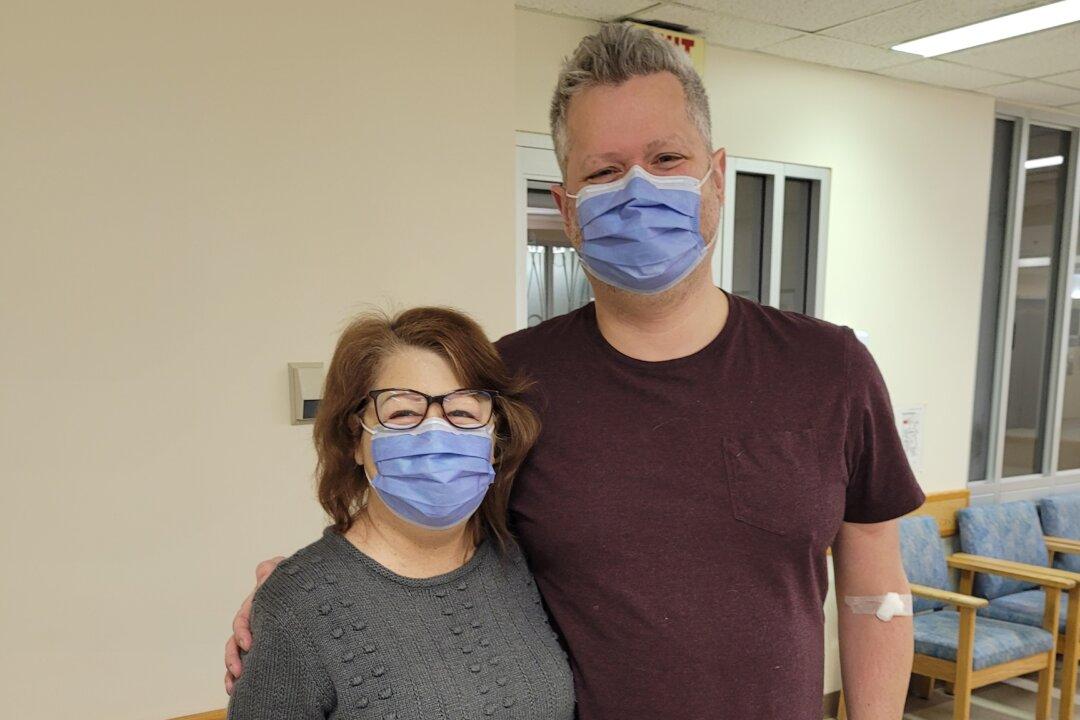A Saskatoon woman who advertised for a kidney donation has received one from a stranger in the same city. Although the surgery has yet to be performed, Debbie Onishenko believes the donation will save her life.
She said she has needed a new kidney for years.





